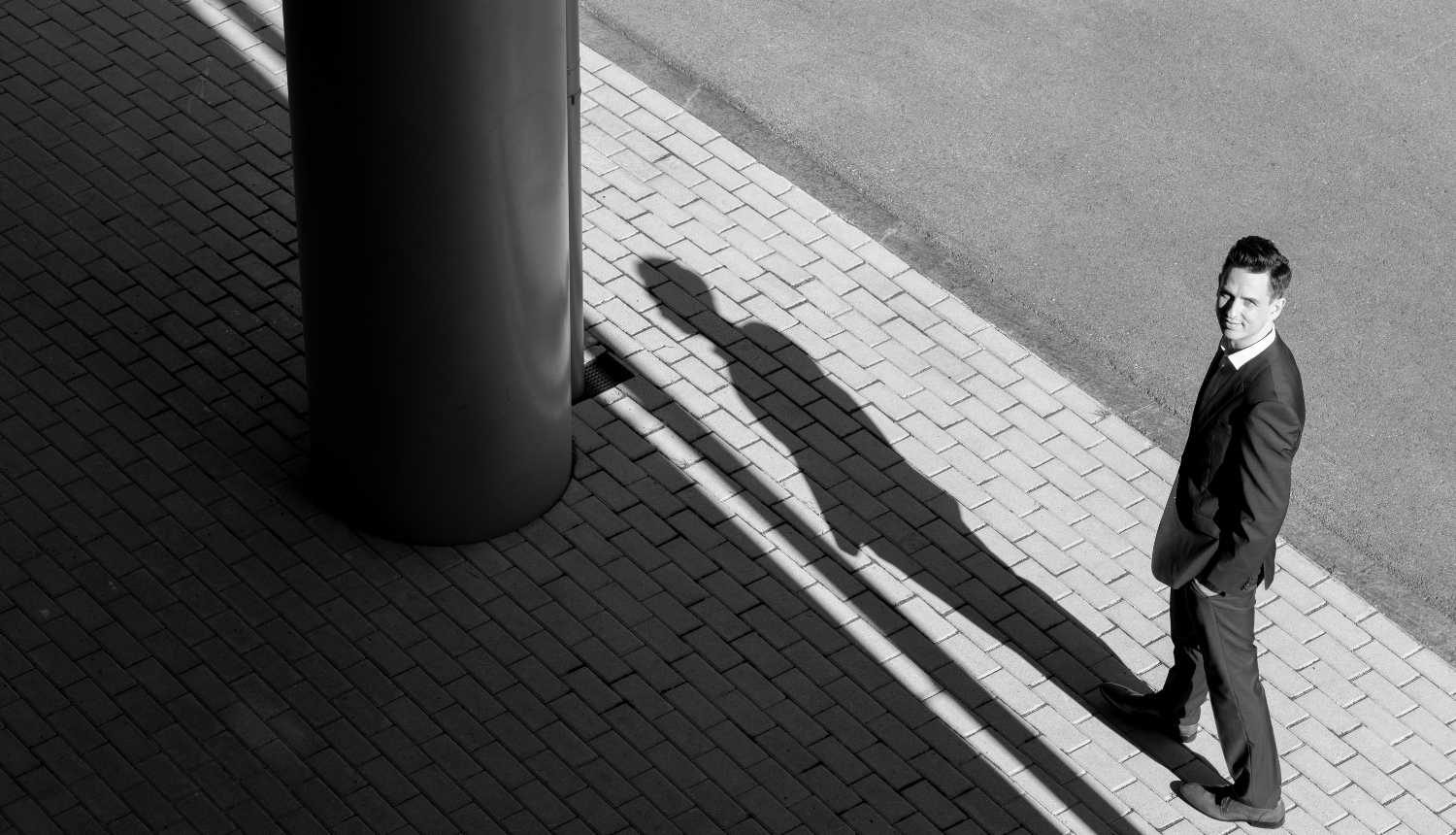Dr. phys. Gints Kučinskis, Leading researcher and Head of the Laboratory of Materials for Energy Harvesting and Storage, University of Latvia (UL) Institute of Solid State Physics (ISSP).
The bigger the goal, the more meaningful the path to it. But to get there, you have to be part of the movement.
Physicist Gints Kučinskis has used his more than five years of experience working in research institutes in Germany to establish what is probably the largest battery materials research group in Latvia at the ISSP UL, successfully collaborating with both local start-ups and Europe’s leading lithium-ion battery manufacturing companies. His professional work focuses on research into lithium and sodium-ion battery materials, looking for more environmentally friendly alternatives, as well as the ageing of lithium-ion batteries and how to extend their lifetime.
Although Gints had many interests at school and was good at almost everything, his main desire was to do something in life that would add value in the form of new knowledge or technology, so physics was his choice. During his studies, Gints could thank the successful start of his career to the Solid State Physics Scholarship from JSC "Sidrabe", the Werner von Siemens Excellence Award and an exchange scholarship from the German Environmental Foundation, which gave him the push he needed to gain research experience abroad at the Max Planck Institute for Solid State Research in Germany
Gints has now brought this valuable knowledge to Latvia and, together with colleagues at the UL ISSP, is researching and developing new materials for energy storage. Laboratory of Materials for Energy Harvesting and Storage led by Gints, is developing lithium-ion battery and sodium-ion battery materials, as well as conducts research on hydrogen energy. Sodium-ion batteries are a greener alternative to lithium-ion batteries, which are widely used in a variety of electrical appliances, including electric cars. The researchers’ work on batteries is thus conceptualised along two main lines: to develop new materials that can store energy efficiently and that are more environmentally friendly to produce and recycle, and to study technologies and materials already in use to understand how batteries age and how to extend their lifetime.
For Gints, the most rewarding work is making a tangible and visible impact on people’s lives. It is for this reason that he hopes that the research group he leads will be able to carry out research of European and global significance and continue its successful collaboration with the world’s leading battery manufacturers.
This, he believes, is a key window for the new knowledge and technologies generated by the researchers to reach the end consumer.
Gints emphasises that working on oneself is also important in achieving any big goal – investing time and effort in your skills and knowledge, and being ready to receive constructive criticism. But not only that – modern science is a collective initiative for a common goal and progress, which is why a good researcher, in his opinion, builds successful collaboration both within his research group and with other colleagues in Latvia and abroad.
The project "Research Latvia 2024" is implemented within the framework of the ERDF project “Integrated National Level Measures to Strengthen the Representation of Latvian Research and Development Interests in the European Research Area”, No. 1.1.1.5/17/I/002.
